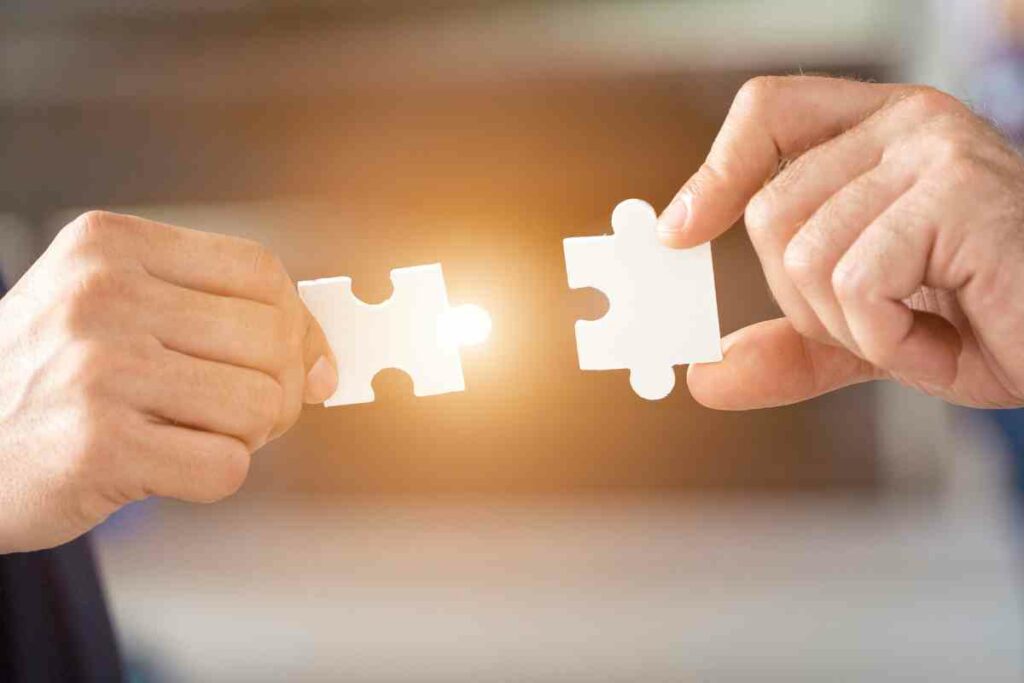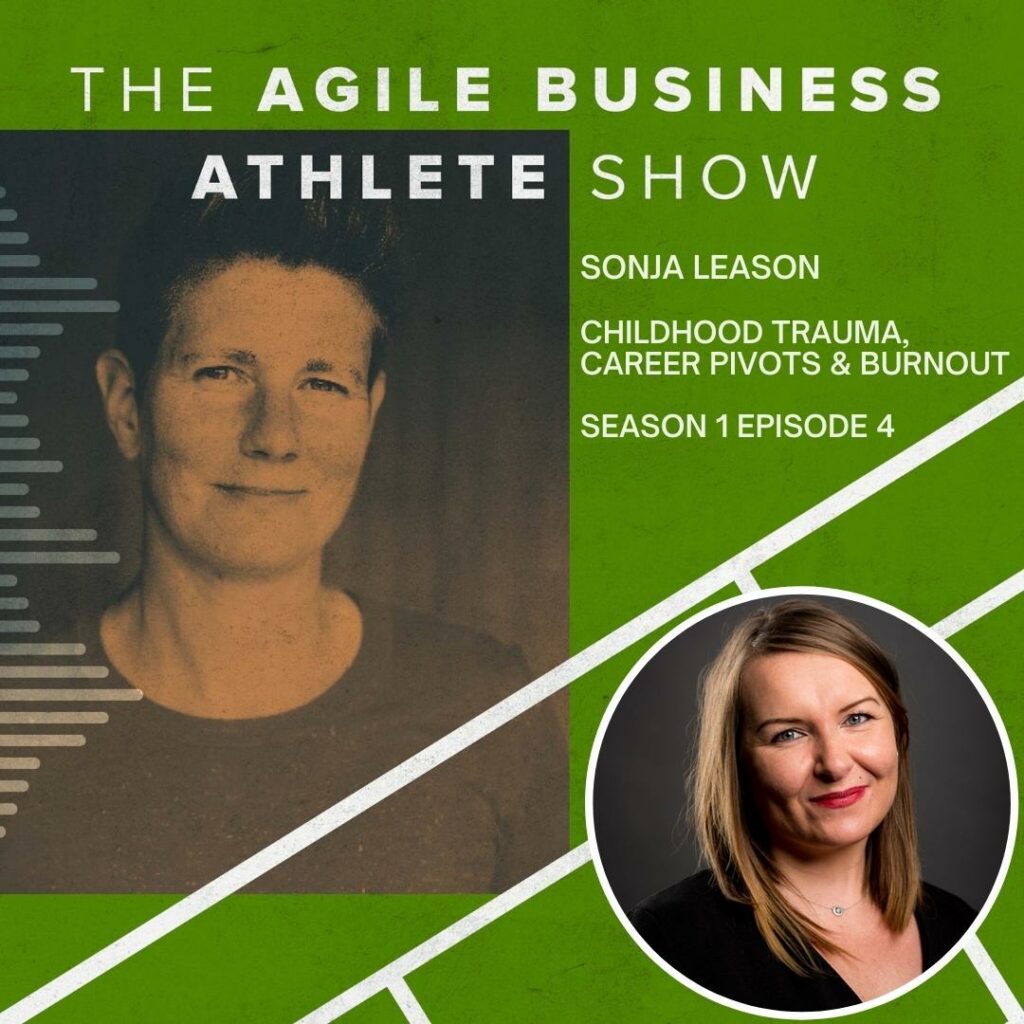Welcome to your weekly SNAP – our new video and blog format! SNAP stands for short, novel and practical, which is exactly how I will be delivering top tips, life hacks, and any other interesting information that emerges in the wellbeing space.
Now, you already know that I’ve been working on a new keynote, BOND. It’s all about the importance of social relationships and human connection in the age of AI. So in this blog post, I want to share something I found quite fascinating whilst researching for it. I’m also going to talk about how to feel more connected, and the profound effect it can have on your health.
Think Social Connections
I’ve talked about Dan Beuttner’s Blue Zones before. Areas of the world where people are the healthiest and live the longest. Beuttner’s research focuses on the reasons for this, finding that the people in these zones maintain good familial relationships and other groups. And this is partly how I landed on the idea for the keynote. But as I was doing my own research and putting it all together, I actually became more social. Just thinking about how to feel more connected made me subconsciously seek out more connections. I made contact with old friends, arranged dinner dates and cinema trips. And I’m someone who’s already quite social, so it shows there’s always capacity for more connection!
Some Science Behind Social Connectedness
In addition to a greater sense of belonging, there is a growing amount of science behind human connection. In fact, we’re only just starting to appreciate that it could be just as important as things like sleep; nutrition; energy. Here are just a couple of examples that are worth reading before I discuss how to feel more connected.
Telomeres
Firstly, recent studies suggest that strong relationships lengthen telomeres, tiny protective tips at the end of our chromosomes that prevent them from becoming frayed or tangled. When they are shortened, for example through smoking, our DNA is more exposed and therefore susceptible to damage. And this can accelerate ageing or increase risk of disease.
Oxytocin
Oxytocin is a hormone that makes us feel bonded to other people. There are millions of oxytocin receptors in our bodies which, when activated, trigger all kinds of responses – including helping to control blood pressure and cortisol levels. Scientists have found that human connection—particularly through eye contact, but also touch—can boost our oxytocin levels. As a result, we might feel less stressed or anxious.
How To Feel More Connected
So, we’ve talked about why it’s important, now let’s look at how to feel more connected. And there are many different ways to do so. You may be surprised to learn that a greater sense of connectedness doesn’t exclusively come from interacting with other human beings. For instance, you can connect with meaningful work, purpose and values, as well as nature, or even yourself.
Perhaps you have a hobby or interest you’d like to explore. This may lead you to join a club and meet new like-minded individuals. One of Dan Beuttner’s key reasons for living happier and longer is finding the right tribe, or Moai as it’s known in Japan. Alternatively, you might go for a walk in the woods with your dog, like me, or just get out and ground yourself in nature—and there are many other health benefits to doing that, too! Or, it may just be as simple as reaching out and making more of an effort with the people already in your life: friends, family, colleagues, and community.
A greater sense of connectedness is key to our healthspan: living as long and as healthy a life as possible. So start by thinking about how you can connect, or even just deepen one connection today. Maybe it will lift your spirits; help to create a little more happiness; get that ball rolling. Give it a try and see what it does for you.
Interested in sharing this message with your team at our next event?
To celebrate the launch of BOND: the importance of social relationships and human connection (in the age of AI) we are offering a 30% discount for all bookings received in October (your event does not need to take place for another 12 months). Click here to book an event scoping call or call 0203 627 6010 to talk to one of the team.
For more wellbeing content, follow @leannespencerkeynote on Insta and LinkedIn.
Take our Cadence Wellbeing Scorecard and receive a free, personalised report with actionable insights you can take into your daily life to optimise your health and wellbeing.
Interested in having Leanne speak to your audience? Book a free, no-obligation discovery call or enquire here: https://leannespencer.co.uk/contact/


